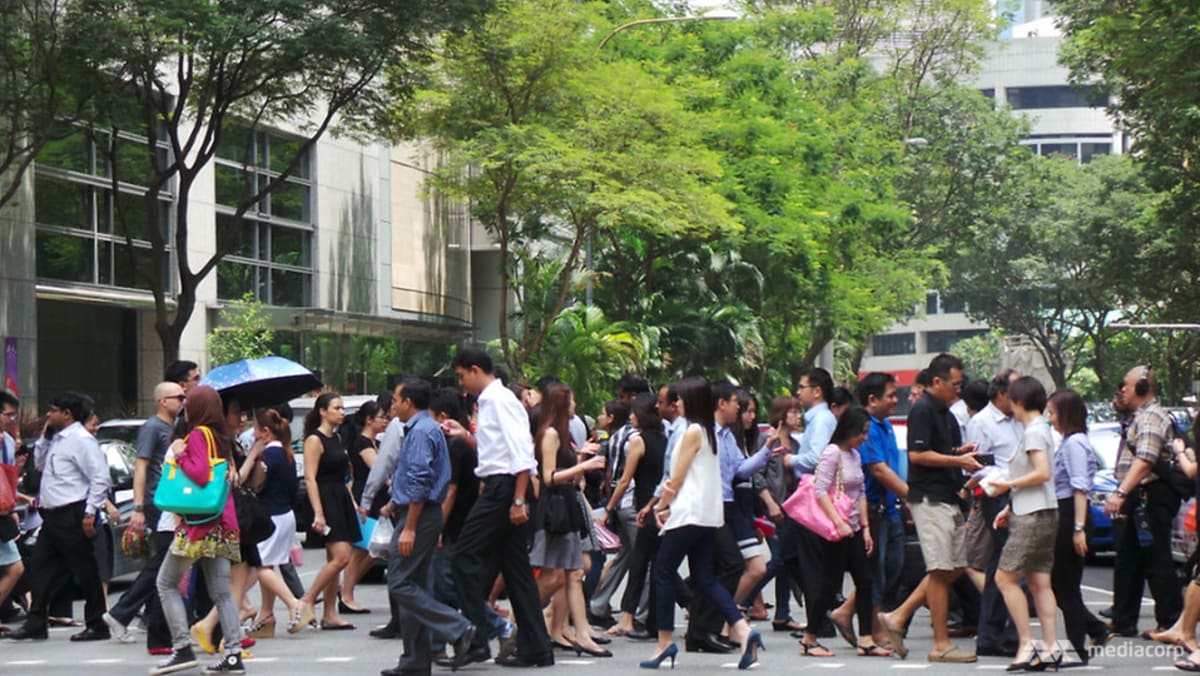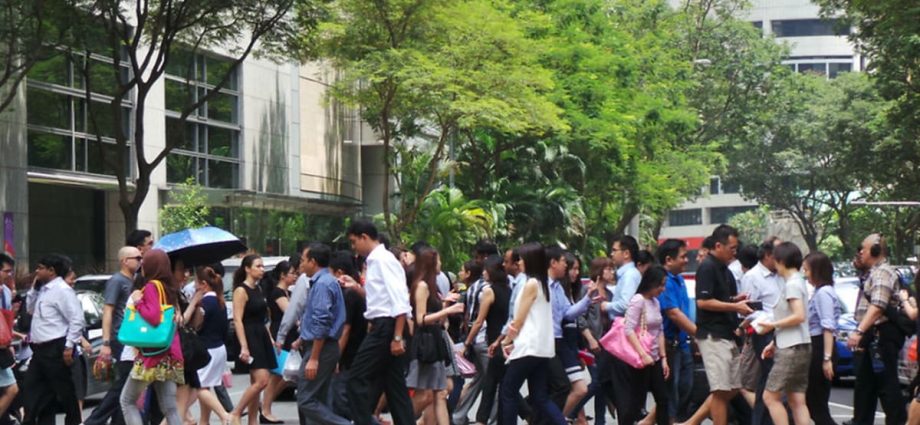
SINGAPORE: Even as more Singaporeans get out of their comfort zones and venture overseas to seize new growth opportunities, the country has to find ways to keep them rooted so they will return to contribute their expertise.
As the global talent race heats up, Singapore has to build up an environment where those who eventually return home can easily assimilate back, observers told CNA on Tuesday (Feb 14).
“I don’t see this so much as a brain drain,” said Dr Mathew Mathews, principal research fellow at the Institute of Policy Studies. “Singapore, as a society, always has that environment which will be able to absorb you when you come back. It wouldn’t be a (disadvantage) for you.”
This comes as Deputy Prime Minister and Finance Minister Lawrence Wong, in his Budget 2023 speech on Tuesday, said that the world’s economy is expected to enter a stage of greater contestation and fragmentation.
As such, Singaporeans need to be agile and competitive in this fast-evolving economy, said Dr Mathews.
Noting that this year’s Budget measures help build a fairer and more inclusive society, he said: “This is a society which cares about being fair, inclusive, gracious, (and these are) principles which people might feel drawn back to because in some other parts of the world, that may not be the reality and it’s something that Singapore provides.”
To reposition Singapore for a “new era” of global development, the Government will spend around S$104.2 billion to grow the economy, equip workers and build up the country’s collective resilience.
KEEPING SINGAPOREANS ROOTED
“I think one of the things that the Government continues to do is to get Singaporeans to feel rooted and to see Singapore as home,” said Singapore National Employers Federation executive director Sim Gim Guan.
“With that concurrent effort, we should be less concerned about Singaporeans venturing overseas.”
Mr Sim noted that as more global companies set up shop here, Singaporeans looking to take on leadership positions may need some experience working aboard.
“Because without that, it is likely that they may not be the best candidate to take on the more senior roles,” he added. “So we do want to continue to encourage companies to think about sending our Singaporeans overseas for exposure.”
For a start, companies can send their younger employees for overseas stints, observers said.
“I think our workers need to be more ready to get out of their comfort zone. It is recognised that Singapore, as a country, is very comfortable,” said Mr Sim. “So when it is too comfortable, the desire to then try something a bit different may be a little bit lacking.”
HOPE FOR SINGAPORE IN HYPERCOMPETITIVE WORLD
Touching on foreign companies looking to invest in Singapore, Mr Sim said there is a need for the country to have the right talent to support their operations.
“If that is not the case, then maybe Singapore will not be the best location. So we want to enable companies to bring in the best talent, but even as they do so, what we also want the companies to do is to transfer those capabilities to locals.”
Highlighting various initiatives that allow locals to learn new skills from foreign talent, Mr Sim said the eventual goal is to build up a local talent pipeline that will ensure there are good jobs for Singaporeans.
“That is an ongoing cycle, even as we go into new growth areas. We will attract new companies to come in, and they will bring in new talent,” he added.
“So investment in upscaling of our workforce, investment in rescaling of our workforce continues to be an important initiative that the government continues to support.”
However, this requires a mindset shift that foreigners are not here to compete with locals.
“I think if our mindset is that we have the best in Singapore, that we have the best to learn from, then I think we will definitely become better,” said Mr Sim, adding that Singapore’s heterogeneous and multicultural society is its strength. “So that’s something that I believe that we must continue to embrace.”

